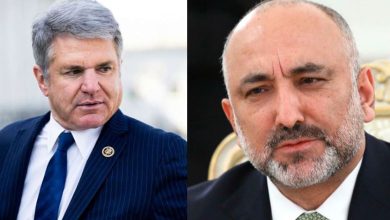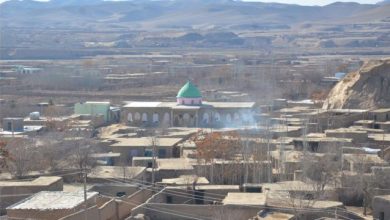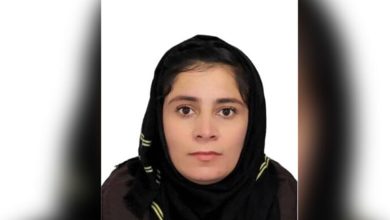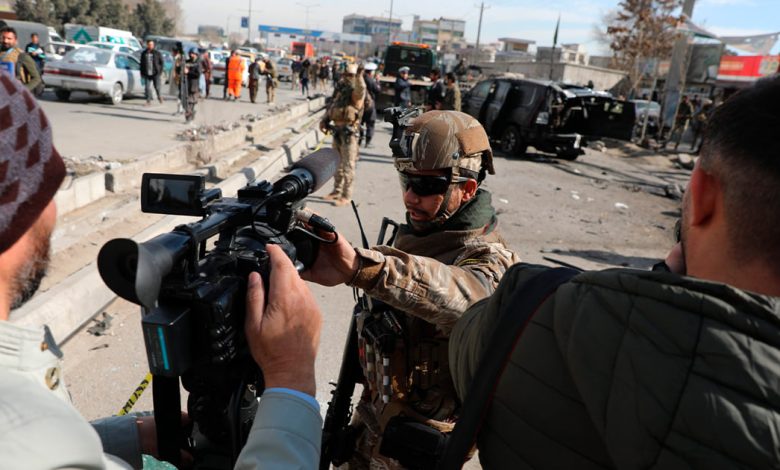
Three Years of Media Activity under the Taliban Regim;: UNAMA: A Challenging Environment Has Been Created
Bayan News – The United Nations Assistance Mission in Afghanistan (UNAMA) published a report on Tuesday, November 26, regarding the state of the media under the Taliban’s rule. The report describes the environment for media activity and journalists as difficult and challenging.
The UNAMA report documents 461 cases of arrests, arbitrary detentions, torture, and threats against journalists and media staff over the past three years.
This report covers the period from August 2021 to September 30, 2024, regarding the media situation in Afghanistan.
According to the report, journalists and media workers are operating under severe censorship and significant restrictions on access to information.
UNAMA further notes that female journalists and media staff are facing even more restrictions and discriminatory actions.
Rosa Otunbayeva, the UN Secretary-General’s Special Representative for Afghanistan, stated: “For any country, having a free media is not just a choice, but a necessity. Journalists and media workers in Afghanistan are working under difficult conditions. They are often faced with unclear rules regarding what they can and cannot report, and accept the risk of intimidation and arbitrary detention for being perceived as critical.”
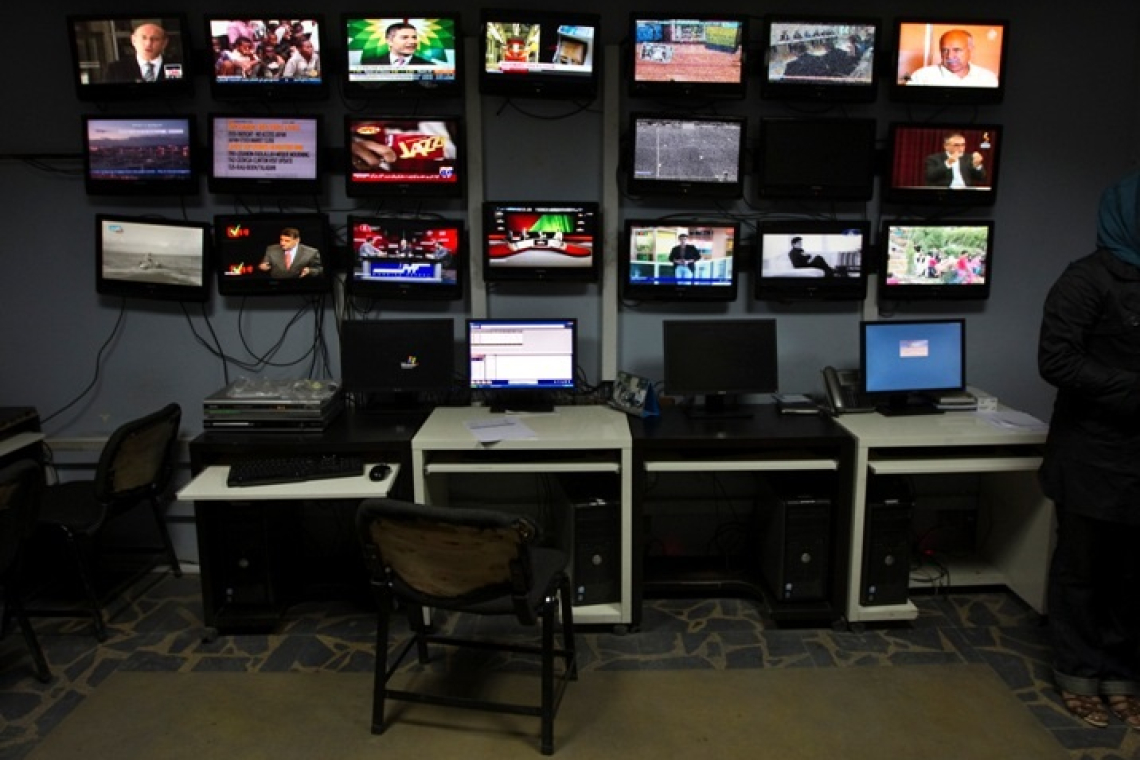
The head of UNAMA has called on the Taliban to ensure the safety and security of all journalists and media staff and to recognize the importance of women’s participation in the media sector.
Meanwhile, Volker Turk, the UN High Commissioner for Human Rights, called UNAMA’s findings “extremely concerning” and urged the authorities to align their actions with Afghanistan’s international commitments under international law, including the International Covenant on Civil and Political Rights.
In its statement, UNAMA also said that the reduction in technical and financial support for the media sector by the international community has further weakened this sector and directly impacted the ability of the Afghan people to access information that affects them.
The head of UNAMA emphasized, “Technical and financial support for the media in Afghanistan, and through that, standing firm on the importance of freedom of expression and public discourse, is essential for the country’s development.”
Suspension of Media Activity
UNAMA noted that media in Afghanistan had significantly grown during the republic era but that after August 15, 2021, many media outlets ceased their operations.
According to the report, prior to the Taliban’s takeover, 543 media outlets operated with 10,790 employees, but by November 2021, about 43% of these outlets had suspended their activities, and the number of media employees had dropped to 4,360.
The report states that 84% of female media employees lost their jobs. Currently, it is reported that no female journalists are active in some provinces.
UNAMA attributes the suspension of media activities to economic problems resulting from the cessation of foreign revenues and aid, the mass migration of journalists, and the Taliban’s restrictions.
UNAMA further notes that the Taliban have created a challenging environment for media operations, including censorship and the lack of access to information. Additionally, journalists under the Taliban regime face intimidation, threats, arbitrary detention, ill-treatment, legal prosecution, and imprisonment for carrying out their work.
The report states, “Actions by the authorities and interference in the content of broadcasts and internal media activities have significantly contributed to the loss of media freedom.”
The UNAMA report documents 336 human rights violations against journalists and media workers from August 15, 2021, to September 30, 2024, including 256 cases of arbitrary detention, 130 cases of torture and ill-treatment, and 75 cases of threats or intimidation.
UNAMA stated that the lack of clear guidelines and the Taliban’s use of intimidation, arrest, and detention has led to self-censorship, negatively impacting freedom of expression.
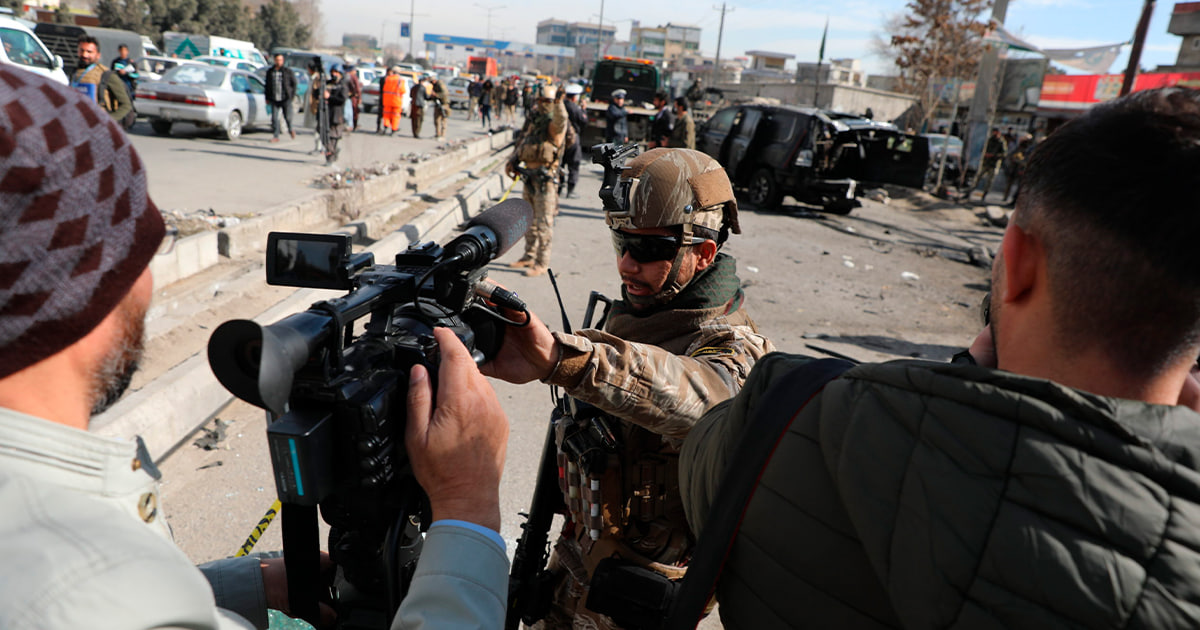
Taliban Restrictions on Media
The UNAMA report highlights that media activity in Afghanistan is subject to a series of restrictions. Among these restrictions is the prohibition of broadcasting music and films that feature music or depict women.
According to the report, in media offices, men and women must work in separate spaces, and male and female presenters cannot appear together on the same program. Female staff are also required to cover their faces.
Furthermore, in some provinces, women are not allowed to call into radio programs unless the program is about health or religious topics for women.
UNAMA reported that media outlets unable to comply with these restrictions have had their activities suspended or have been forced to cease operations.
The report also indicates that the Taliban’s “Promotion of Virtue” law has intensified restrictions on media. New restrictions include a ban on publishing photos and videos of living beings.
With the implementation of the Taliban’s “Promotion of Virtue” law, visual broadcasts in some provinces have ceased, and journalists are no longer allowed to take photographs of living creatures. The Taliban have stated that this law will be applied gradually.
Interference in Exiled Media
The report also states that following the Taliban’s takeover, some media outlets moved their operations abroad. According to UNAMA, these media outlets operate in defiance of the Taliban’s regulations and are unable to obtain licenses to operate within Afghanistan.
UNAMA added that these exiled media outlets are regularly subject to Taliban interference and suspension.
The report mentions that journalists working for media outlets in exile often operate secretly and are more exposed to arrest and arbitrary detention.
The report also highlights that the Taliban have interfered with the work of foreign journalists working for international media, requiring them to submit their topics for review and approval before reporting.
It has been reported that the Taliban told foreign journalists that visa issuance is contingent upon following media guidelines and respecting “red lines.”
According to UNAMA, the Taliban consider reports focusing on restrictions on women and girls, ISIS attacks, and the presence of armed groups like Al-Qaeda and Pakistani Taliban as inappropriate.
Trump’s Return to the White House; What Policy Can Be Expected Toward Today’s Afghanistan?



